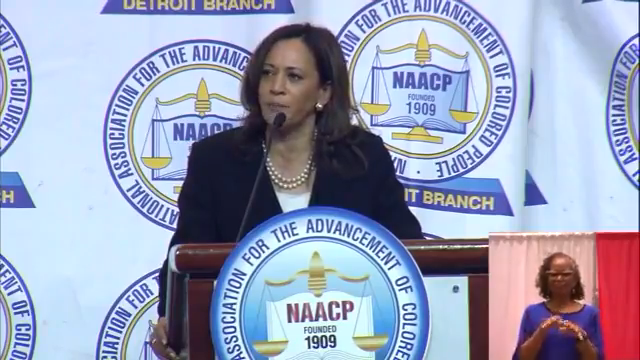New misinformation bill cited as chilling assault on free speech. The Australian government has recently introduced the Communications Legislation Amendment (Combatting Misinformation and Disinformation) Bill 2024, aiming to address the spread of misinformation and disinformation online.
“The Albanese government was forced to abandon a previous draft version of the laws after they were widely condemned by everyone from media organisations and tech companies to civil liberties groups and even the Australian Human Rights Commission.” — Sky News
The primary purpose of the bill seeks to empower the Australian Communications and Media Authority (ACMA) with new capabilities to combat seriously harmful misinformation and disinformation online. This includes the ability to require digital platforms to keep records, enforce industry codes, or set standards for managing misinformation.
Under the bill, if passed, it says that social media platforms could face significant fines, up to 5% of their global revenue, if they fail to comply with the regulations set forth by ACMA regarding the removal or management of misinformation.
This particular legislation includes a broad definition of what might constitute harm, including harm to public health, the economy, or public confidence in institutions like the banking system, and it has raised some serious concerns about what could be labeled as misinformation.
Freedom of speech advocates, including some politicians argue that the bill represents an attack on free speech. They fear it could be used to censor legitimate opinions or discussions, particularly those critical of government policies or actions. There’s concern over the bill’s potential to create a scenario akin to a Ministry of Truth.
What’s interesting about the bill is that it seems to exclude professional news content, and there’s criticism that it might not hold mainstream media to the same standards. There’s also a mention that the bill could impact discussions around significant public issues, like referendum proposals, by potentially classifying certain viewpoints as misinformation.
There’s been considerable backlash on social media platforms cross the board with regard to this bill, with users and some politicians highlighting the risks to freedom of expression. Critics argue that the definitions within the bill are too vague or broad, potentially allowing for overreach by the regulatory body.
The Australian government, through statements by Communications Minister Michelle Rowland, emphasizes that the bill aims to keep Australians safe from seriously harmful content without intending to stifle free speech. They argue it’s about ensuring digital platforms take responsibility for the content they host.
This bill reflects a global trend where governments are grappling with how to manage misinformation while balancing freedom of speech, with Australia’s approach being one of the more contentious examples due to its potential implications for online discourse.
The initial bill received so much backlash that Australian lawmakers had to table it … for now.
Eric Arthur Blair under the pen name George Orwell summed the society of today up quite nicely when he wrote “War is peace. Freedom is slavery. Ignorance is strength.”
Eric Arthur Blair wasn’t a prophet by any stretch. He couldn’t see into the future any more than we can see. What Eric Arthur Blair did know was his history.
All of this misinformation nonsense has been tried before. In Roman times you could be fed to the lions for saying the wrong thing. In Nazi Germany you could be sent to the camps for saying the wrong thing.
If you think that this just might be an Australian problem, then I might suggest you watch the video below where Vice President Harris gives her views on the matter:







